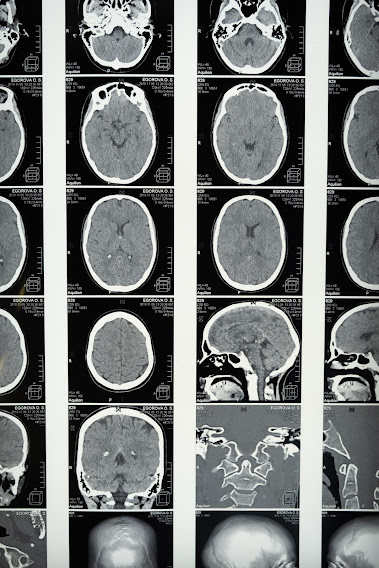Introduce the subject of malaria and highlight its importance as a significant worldwide health issue. In order to tackle this terrible disease, emphasise the need for awareness and practical preventative techniques.
1.Understanding Malaria: Give a thorough explanation of malaria, highlighting that it is an infectious disease spread by mosquitoes and brought on by the Plasmodium parasite. Describe the many Plasmodium species that cause malaria and their global spread.
2.Explain the transmission and life cycle of malaria, including how infected Anopheles mosquitoes bite humans to spread the disease. Describe the Plasmodium parasite's life cycle, emphasising the phases of human and mosquito infection.
3.Discuss the worldwide impact of malaria, including the areas most impacted by the illness, and high-risk areas. Provide pertinent data on the incidence, mortality, and effects of malaria on the socioeconomic progress of afflicted nations.
4.Describe the typical signs and symptoms of malaria, including fever, chills, headaches, muscular pains, and weariness. RDTs and other laboratory tests, such as blood smears, should be used to emphasise the value of early diagnosis.
5.Discuss different preventative techniques to lower the chance of developing malaria. Stress the significance of vector control measures such utilising bed nets treated with insecticide, indoor residual spraying, and environmental control to reduce mosquito breeding grounds. Discuss the need of chemoprophylaxis for visitors to areas where malaria is endemic.
6.Antimalarial Treatment: Explain the available treatment options for malaria, including the use of antimalarial medications. importance of early and accurate diagnosis for effective treatment. Highlight the emergence of drug-resistant malaria strains and the ongoing research and development efforts to combat resistance.
7.Malaria Vaccines: Discuss progress in malaria vaccine development and the potential impact of vaccines on disease prevention. Provide an overview of the most promising malaria vaccine candidates, such as RTS,S/AS01 (Mosquirix), and their effectiveness.
8.Global Initiatives and Partnerships: Highlight efforts of global health organizations, governments, and non-profit organizations in combating malaria. Discuss initiatives such as the Global Fund to Fight AIDS, Tuberculosis and Malaria, and the Roll Back Malaria partnership. Emphasize the importance of political commitment, funding, and collaboration to achieve malaria elimination goals.
9.Community Engagement and Education: Talk about the value of community involvement and education in preventing malaria. In order to encourage preventative measures, early diagnosis, and treatment-seeking behaviour, emphasise the contribution of community health professionals, awareness campaigns, and educational initiatives.
10.Conclusion: Reiterate the significance of coordinated efforts in malaria prevention and control and summarise the main issues covered in the blog post. Readers are urged to be aware, support efforts to eradicate malaria, and adopt appropriate safety measures while visiting regions where the disease is endemic.
In your blog article, don't forget to do extensive research, quote reputable sources, and give correct information. Personal experiences, case studies, or quotes from professionals may all help your material gain depth and engagement.




Mosquitos are really dangerous
ReplyDelete